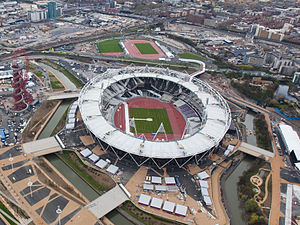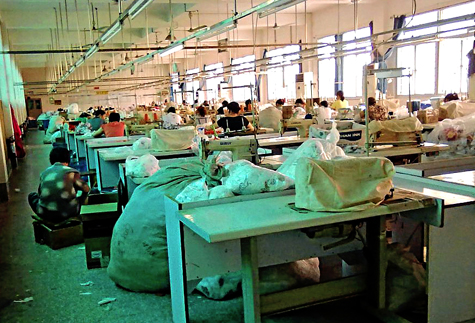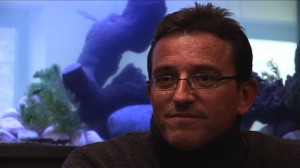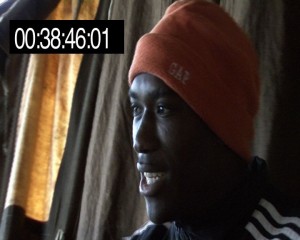 If EPL club West Ham United is chosen to move into the Olympic Stadium at a “crucial” London Legacy Development Corp. board meeting next month, the stadium is “likely to have cost at least £630M ($1B) by the time it reopens in ’15 or ’16,” according to Owen Gibson of the London GUARDIAN. The club believes that its tenancy bid “remains the only viable solution to secure the long-term health of the Olympic Park and a future free of public subsidy.” But some who will make the decision believe that, as the costs continue to increase, “it would be better to press ahead with the quicker, cheaper option of reopening it as a multi-use stadium without football.” The board remains split and will discuss at a meeting next month whether to move forward with a full-scale plan that would install retractable seats, a cantilevered roof and permanent hospitality facilities “at a cost approaching £200M ($318.5M).” Even “at the most conservative estimate the conversion budget would be £160M ($254.8M) including £25M ($39.8M) of contingency,” and the overall cost “could end up being £200M.” LLDC CEO Dennis Hone admitted that it could be Aug. ’16 “before the first competitive match is played in the stadium.” Additionally, insiders now believe that the stadium “could be reopened for less than the £38M ($60.5M) already put aside by the LLDC from the original £9.3B ($14.8B) public funding package” if the decision was taken to drop West Ham and pursue an alternative option to appoint a stadium operator that could coordinate a program of athletics, concerts and other sports. Under the scenario, the stadium “could open by spring ’14.” But the majority of the board, including London Mayor Boris Johnson, “is understood still to favour the West Ham option” (GUARDIAN, 11/19).
If EPL club West Ham United is chosen to move into the Olympic Stadium at a “crucial” London Legacy Development Corp. board meeting next month, the stadium is “likely to have cost at least £630M ($1B) by the time it reopens in ’15 or ’16,” according to Owen Gibson of the London GUARDIAN. The club believes that its tenancy bid “remains the only viable solution to secure the long-term health of the Olympic Park and a future free of public subsidy.” But some who will make the decision believe that, as the costs continue to increase, “it would be better to press ahead with the quicker, cheaper option of reopening it as a multi-use stadium without football.” The board remains split and will discuss at a meeting next month whether to move forward with a full-scale plan that would install retractable seats, a cantilevered roof and permanent hospitality facilities “at a cost approaching £200M ($318.5M).” Even “at the most conservative estimate the conversion budget would be £160M ($254.8M) including £25M ($39.8M) of contingency,” and the overall cost “could end up being £200M.” LLDC CEO Dennis Hone admitted that it could be Aug. ’16 “before the first competitive match is played in the stadium.” Additionally, insiders now believe that the stadium “could be reopened for less than the £38M ($60.5M) already put aside by the LLDC from the original £9.3B ($14.8B) public funding package” if the decision was taken to drop West Ham and pursue an alternative option to appoint a stadium operator that could coordinate a program of athletics, concerts and other sports. Under the scenario, the stadium “could open by spring ’14.” But the majority of the board, including London Mayor Boris Johnson, “is understood still to favour the West Ham option” (GUARDIAN, 11/19).
DECISION TIME: The GUARDIAN’s Gibson in “The Sport Blog” added three days after West Ham submitted its “best and final” offer to become the stadium’s main tenant, the LLDC’s 17 members remain “split over the two remaining options on the table.” Rather than closing down the stadium for another four years, some board members argue that it is “best to appoint an experienced stadium operator such as AEG or LiveNation and let them go with it — even if it requires a modest ongoing public subsidy.” The plan proposes that the stadium could open by spring ’14. The majority, led by Johnson, “continue to believe that a future involving West Ham, athletics, concerts and other one-off events including cricket and rugby, is the best solution.” They “will have to convince the remaining waverers” that the club’s final offer, believed to be “significant” improvement on the £10M ($15.9M) originally tendered, “is sufficient testament of the seriousness” of West Ham’s intentions. If they can hit their latest deadline of reaching a decision before the end of the year after discussing their next move at a board meeting on Dec. 5, Hone and Johnson “will then have an equally hard job on their hands: ensuring the ongoing farrago does not burst the popular image of the Olympics as a bubble of golden success” (GUARDIAN, 11/19).
Spectacle homepage
Like Spectacle Documentaries on Facebook
Follow SpectacleMedia on Twitter




